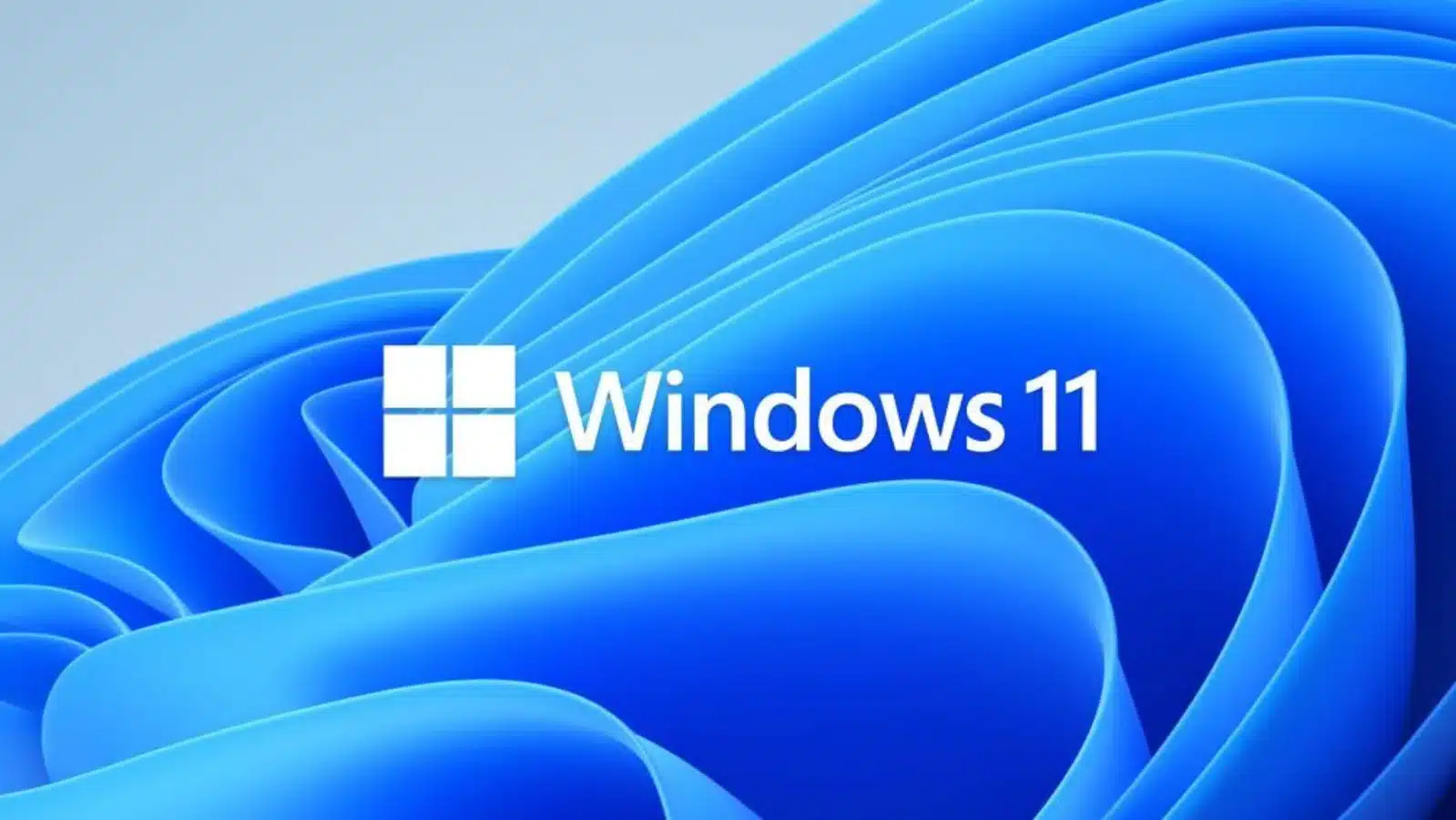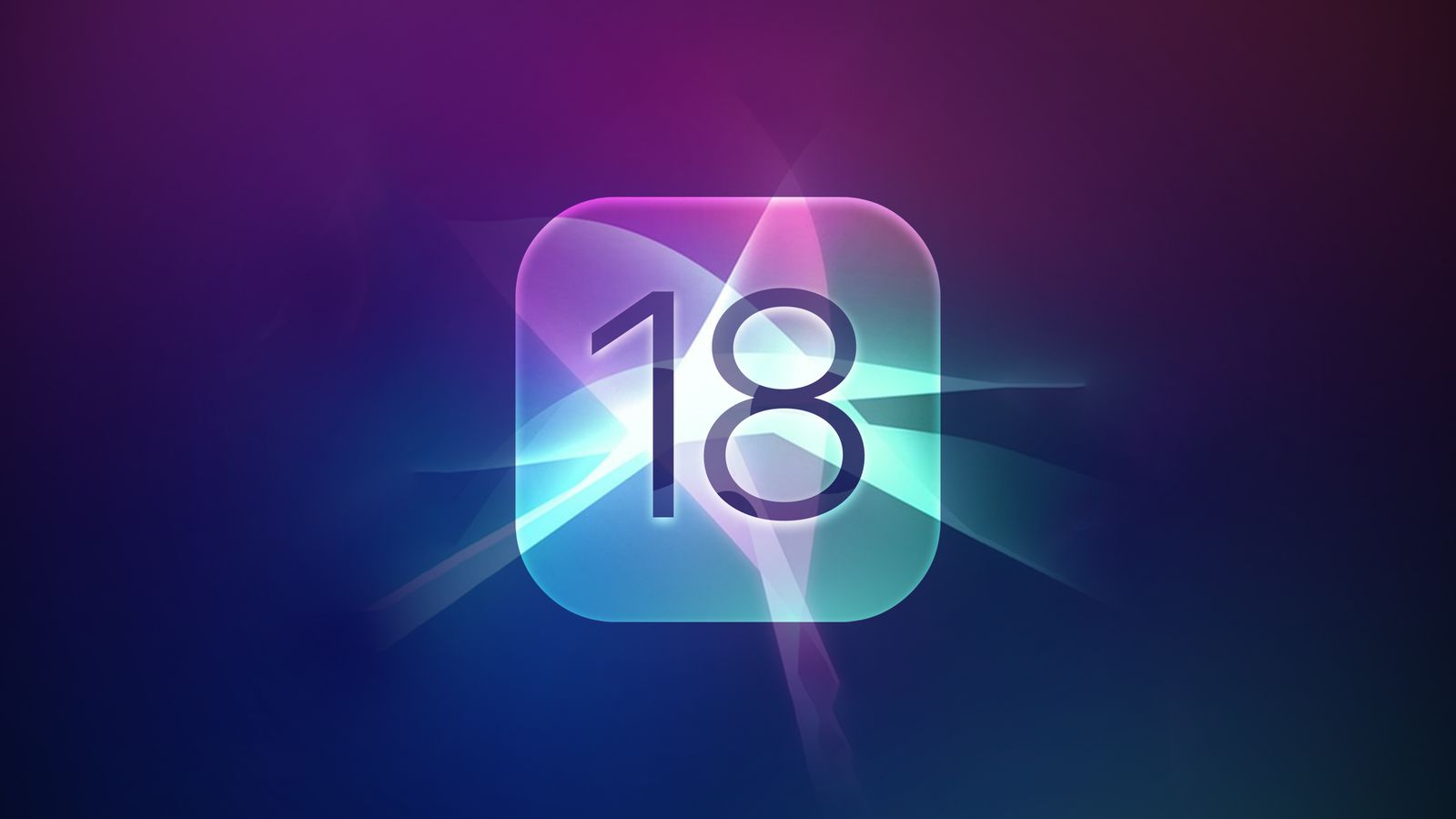Navigating the digital landscape is fraught with perils, especially when it comes to your Windows PC. From seemingly innocuous actions to outright reckless behavior, certain mistakes can have dire consequences for your device and data. It’s time to unravel the web of Windows warnings and ensure your PC remains safe and sound.
The Unseen Threats Lurking in Your Downloads
We all love free software, but downloading from unverified sources can be a gateway for malware. Malicious actors often disguise their creations as legitimate programs, waiting for unsuspecting users to unleash them onto their systems. Once inside, these digital parasites can wreak havoc, stealing your data, hijacking your PC, or even rendering it completely unusable.
Think twice before clicking on that tempting download button. Stick to reputable sources like the official Microsoft Store or trusted developer websites. And always keep your antivirus software up-to-date and vigilant.
The Perils of Ignoring Updates
Windows updates can be a nuisance, interrupting your workflow with seemingly endless downloads and installations. But dismissing those update notifications is a grave mistake. These updates often contain crucial security patches that address newly discovered vulnerabilities.
Failing to install them leaves your PC exposed to attacks, making it a prime target for hackers and malware. So, next time you see that update prompt, take a deep breath and let Windows do its thing. Your PC will thank you for it.
The Password Predicament
In a world of endless online accounts and services, it’s easy to fall into the trap of using weak or reused passwords. But this is a recipe for disaster. Hackers employ sophisticated techniques to crack passwords, and once they gain access to one account, they can often infiltrate others.
Protect your digital life by creating strong, unique passwords for each of your accounts. Consider using a password manager to keep track of them all. And never, ever share your passwords with anyone, no matter how trustworthy they seem.
The Public Wi-Fi Paradox
Public Wi-Fi hotspots are a godsend when you’re on the go, offering a convenient way to stay connected. But these networks are often unsecured, making them a playground for hackers. They can intercept your data, steal your login credentials, or even infect your PC with malware.
If you must use public Wi-Fi, exercise caution. Avoid accessing sensitive information like bank accounts or personal emails. And consider using a virtual private network (VPN) to encrypt your data and shield it from prying eyes.
The Perils of Pirated Software
Cracked software might seem like a bargain, but it comes with a hefty price tag. Pirated programs are often riddled with malware, backdoors, and other nasty surprises. Installing them on your PC is like inviting a Trojan horse into your home.
Resist the temptation of free software and stick to legitimate sources. Not only will you be protecting your PC, but you’ll also be supporting the developers who create the software you enjoy.
The ‘Click Here’ Conundrum
Phishing scams are a perennial threat, luring unsuspecting users into clicking on malicious links or attachments. These scams often masquerade as legitimate emails from banks, social media platforms, or even government agencies. But one wrong click can unleash a torrent of malware onto your system.
Be wary of any unsolicited emails, especially those that urge you to click on links or download attachments. Hover over links to reveal their true destination, and never open attachments from unknown senders.
The ‘Administrator’ Allure
Running your PC with administrator privileges might seem convenient, granting you unrestricted access to all its features and settings. But this also opens the door wide for malware and other threats. If a malicious program manages to infiltrate your system, it can exploit your administrator privileges to wreak havoc.
Create a standard user account for your day-to-day activities and reserve the administrator account for tasks that genuinely require it. This simple precaution can significantly enhance your PC’s security.
The Backup Blunder
Data loss can strike at any moment, whether it’s due to a hardware failure, a malware attack, or even a simple accident. Failing to back up your important files is a gamble you can’t afford to lose. Imagine losing years’ worth of photos, documents, or work projects in an instant.
Develop a regular backup routine, either to an external hard drive or a cloud storage service. This way, even if disaster strikes, you can rest assured that your data is safe and sound.
The ‘Clean Up’ Catastrophe
In the quest for a clutter-free PC, it’s easy to go overboard with system cleanup tools. Deleting critical system files or registry entries can have disastrous consequences, rendering your PC unstable or even unbootable.
Proceed with caution when using system cleanup tools. Stick to reputable programs and avoid deleting anything you’re unsure about. If in doubt, leave it alone.
The ‘Overclocking’ Obsession
Overclocking your PC’s components might seem like a way to squeeze out extra performance, but it’s a risky game. Pushing your hardware beyond its limits can lead to overheating, instability, and even permanent damage.
Unless you’re an experienced PC enthusiast, it’s best to leave overclocking to the experts. Focus on maintaining your PC’s health and longevity instead of chasing after marginal performance gains.
Your Windows PC is a gateway to a world of information, entertainment, and productivity. But it’s also a target for threats that can compromise your data, privacy, and peace of mind. By avoiding these common pitfalls and adopting safe computing practices, you can ensure your digital sanctuary remains secure and enjoyable for years to come.





























